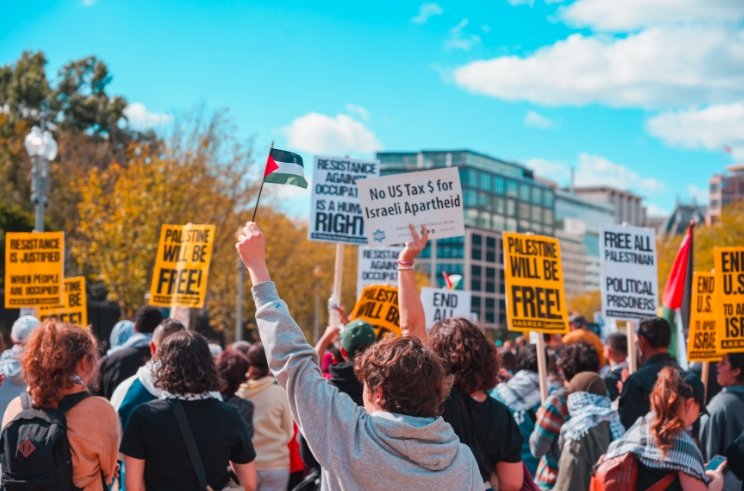Gaza conflict sparks fears of wider confrontation
The recent violence between Israel and Hamas in Gaza has raised concerns about the possibility of a broader conflict in the Middle East. The former Israeli prime minister Ehud Barak, who has extensive military experience, warned of the risks of provoking major powers and destabilizing neighboring countries.
Barak compared the current situation to the previous invasions of Afghanistan, Iraq and Lebanon, which he said were triggered by acts of terrorism but ended up causing severe damage to both the invaders and the invaded. He urged caution and diplomacy to avoid repeating the same mistakes.
Biden faces criticism for his response to Gaza crisis
US president Joe Biden, who is visiting Israel, faced criticism for his response to the Gaza crisis. He was accused of being too supportive of Israel and not doing enough to stop the bloodshed. He also used a flippant phrase to describe the explosion at the Al-Ahli hospital in Gaza, which killed hundreds of Palestinians.

Biden said he believed the blast was “done by the other team”, implying that Hamas was responsible. However, many people in the Arab world blamed Israel for the attack, regardless of the evidence. Biden’s choice of words was seen as insensitive and dismissive of the Palestinian suffering.
Egypt rejects pressure to open borders with Gaza
Egypt, which shares a border with Gaza, rejected pressure from Western countries to open its borders and allow more Palestinians to enter. Egypt said it would only allow humanitarian aid and people with foreign passports to cross, but not refugees.
A senior Egyptian official reportedly told a European counterpart that Egypt would not take one million people and would send them to Europe instead. He said that Europe cared so much about human rights that it should take them.
Egypt’s stance reflects its fear of instability and security threats from Gaza, as well as its strained relations with Hamas, which is allied with Egypt’s rival Turkey and Qatar.
West Bank protests challenge Palestinian Authority
In the West Bank, which is controlled by the Palestinian Authority (PA), protests erupted against PA president Mahmoud Abbas. The protesters accused Abbas of being ineffective and subservient to Israel in the face of the Gaza crisis. They also demanded that he cancel the postponed elections, which were supposed to be held in May.
The protesters used slogans similar to those used in the Arab Spring uprisings, such as “the people want the fall of the president”. They also clashed with PA security forces, who tried to disperse them with tear gas and batons.
The unrest in the West Bank poses a serious challenge to Abbas’s legitimacy and authority, as well as his ability to negotiate with Israel on behalf of all Palestinians.
Hezbollah and Iran could join the war against Israel
Another potential escalation of the Gaza conflict is the involvement of Hezbollah and Iran, which are allies of Hamas and enemies of Israel. Hezbollah, a powerful Shia militia based in Lebanon, has a huge arsenal of rockets that could target Israel from across the border. Iran, a regional rival of Israel, has also threatened to take “pre-emptive action” against Israel if it continues its attacks on Gaza.
Hezbollah and Iran have close ties and share a common ideology and agenda. According to some experts, Hezbollah acts as Iran’s main regional army, leading and training most of its militias in Syria, Iraq and Yemen. If Iran decides to launch a war against Israel from Lebanon, Hezbollah would likely follow its orders.
Such a scenario would have devastating consequences for both Israel and Lebanon, as well as for regional stability and security.


















